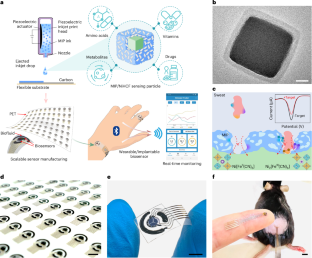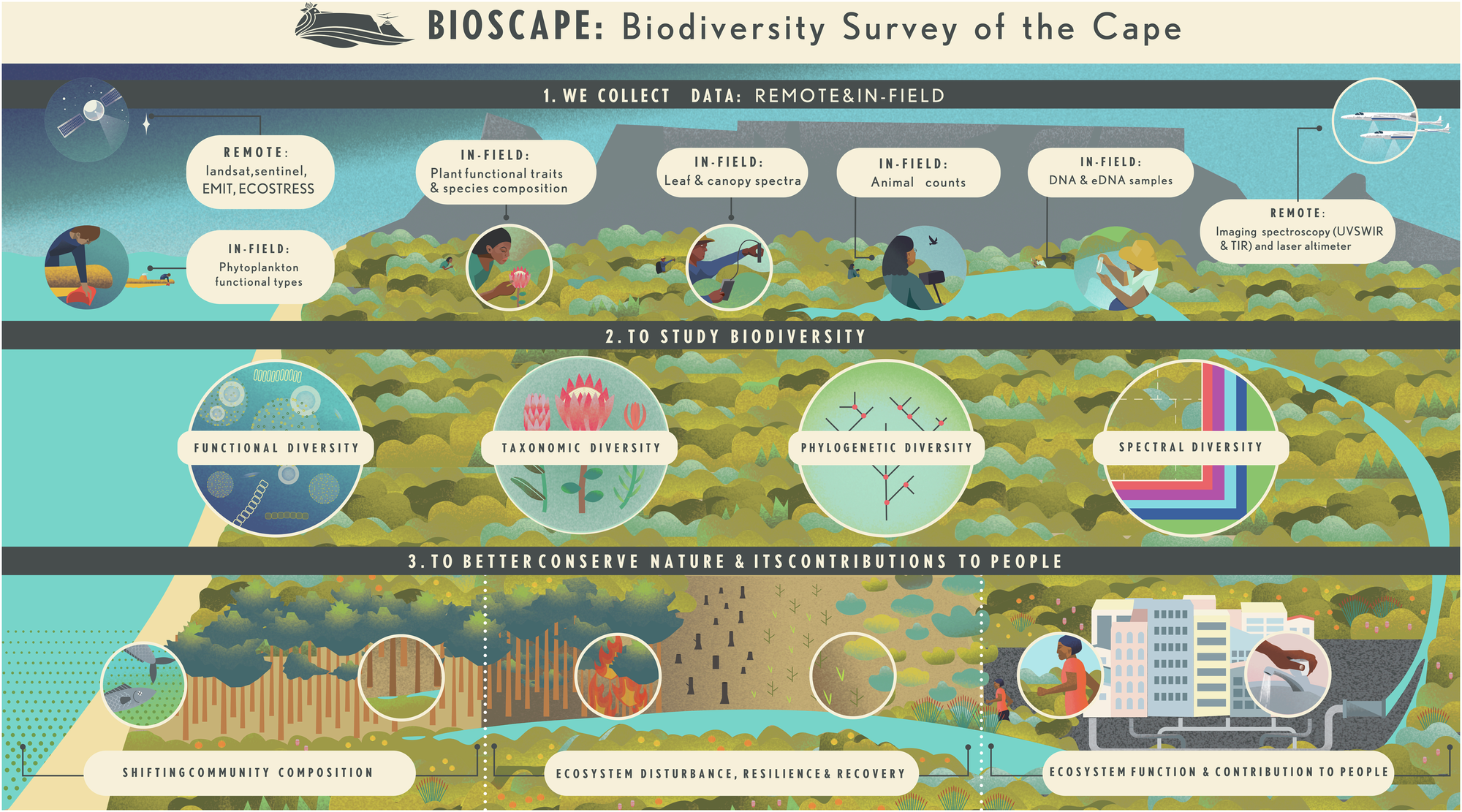2025-01-31 マサチューセッツ工科大学(MIT)
<関連情報>
- https://news.mit.edu/2025/with-generative-ai-mit-chemists-quickly-calculate-3d-genomic-structures-0131
- https://www.science.org/doi/10.1126/sciadv.adr8265
ChromoGen: 拡散モデルが単一細胞のクロマチン構造を予測する ChromoGen: Diffusion model predicts single-cell chromatin conformations
Greg Schuette, Zhuohan Lao, and Bin Zhang
Science Advances Published:31 Jan 2025

Abstract
Breakthroughs in high-throughput sequencing and microscopic imaging technologies have revealed that chromatin structures vary considerably between cells of the same type. However, a thorough characterization of this heterogeneity remains elusive due to the labor-intensive and time-consuming nature of these experiments. To address these challenges, we introduce ChromoGen, a generative model based on state-of-the-art artificial intelligence techniques that efficiently predicts three-dimensional, single-cell chromatin conformations de novo with both region and cell type specificity. These generated conformations accurately reproduce experimental results at both the single-cell and population levels. Moreover, ChromoGen successfully transfers to cell types excluded from the training data using just DNA sequence and widely available DNase-seq data, thus providing access to chromatin structures in myriad cell types. These achievements come at a remarkably low computational cost. Therefore, ChromoGen enables the systematic investigation of single-cell chromatin organization, its heterogeneity, and its relationship to sequencing data, all while remaining economical.


